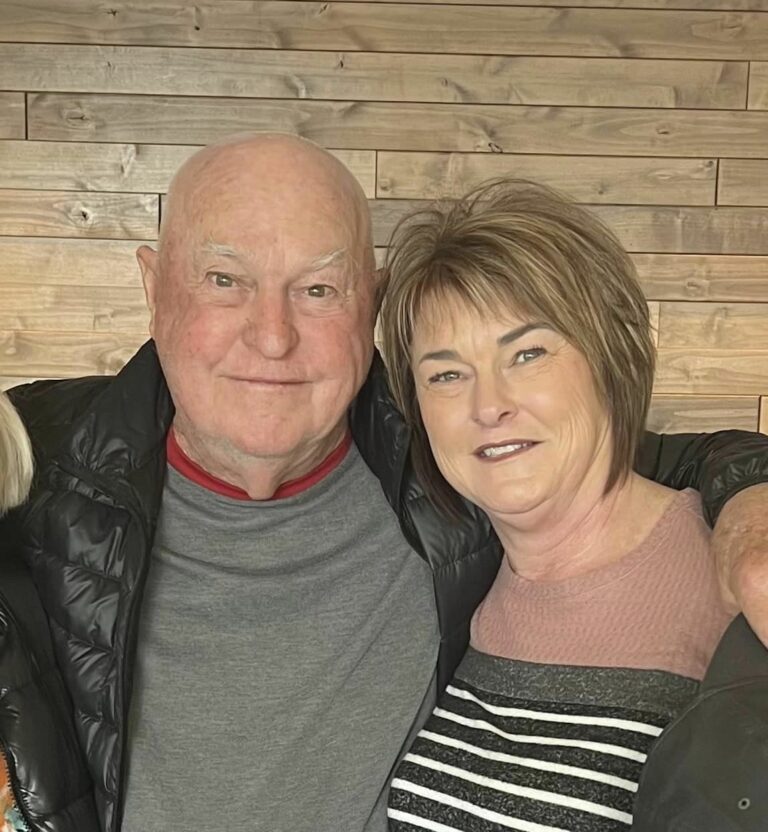
Anxiety is a familiar feeling among adults. With so many responsibilities to be mindful of, it’s understandable why people would feel stressed and overwhelmed about the obligations they have on their plate. According to Mental Health America, three to 14 percent of older adults meet the criteria to be diagnosed with an anxiety disorder.
It’s important for family members to not only be aware of their loved ones’ chance of anxiety but also to take steps to ensure the outcome caused by this condition is as minimal as possible.
Find Senior Living Near Me
Ask the Right Questions
It can be difficult to know whether or not an aging adult is experiencing anxiety. Some of the symptoms may not materialize in a way that’s externally noticeable to family members. As a result, people need to ask the necessary questions to discover if seniors are feeling overwhelming stress. While no question is wrong in these scenarios, there are specific inquiries family members should make. The Anxiety and Depression Association of America recommended asking about the following:
- Everyday actions and routines.
- Individual worries and anxieties change or have side effects.
- Mood.
Discussing these areas with seniors can make them feel as though their thoughts are truly being heard and that others are on their side.

Don’t Minimize the Situation
While anxious moments may be difficult for family members to witness and deal with, be cognizant of your tone of voice and general demeanor when handling these instances. Don’t minimize the situation with a “snap out of it,” according to Psych Central. Instead, allowing loved ones to share their anxieties with stress points goes a long way in calming someone down. Once seniors have discussed their points of stress, offer words of reassurance and let them know they’re not alone in feeling this way.
“Loved ones should attempt to learn as much as they can about their family member’s anxiety.”
Educate Yourself on Solutions
Every person’s anxiety is different, but there are some common means of assistance family members can provide to their loved ones battling this condition. To get to the bottom of the issue, you first need to understand the type of anxiety seniors are experiencing. This r, resolution will help you understand people on a deeper level, recognize signs of flare-up situations, and offer quick fixes.
Psychology Today recommended that family members helping loved ones with anxiety suggest a low-impact exercise, assist seniors in working through a to-do list, and help people spot and balance any thoughts that leave them feeling overwhelmed. It’s important to utilize this knowledgthink a caring way instead of a patronizing one. Feeling unsupported can make seniors with anxiety feel that much more stressed.
Talk to a Doctor
Have you been witnessing changes in your mom, dad, or grandparents’ behavior? Has this person said anything about feeling anxious at all recently? People can remove seniors from the situation if there’s a certain area or time during the day when things start to decline. Medical professionals can work with family members to help people understand what home arrangements may work and what others may have to be used in the future.
Anxiety is a troublesome condition, both for seniors and family members watching their loved ones struggle. It’s important to attempt to understand instances that could trigger this high-level stress while providing the right level of comfort and support for a person’s needs. By talking to a doctor, asking the appropriate questions, getting the education you need to help, and avoiding unhelpful language, family members can help seniors pinpoint and treat their anxiety efficiently.




